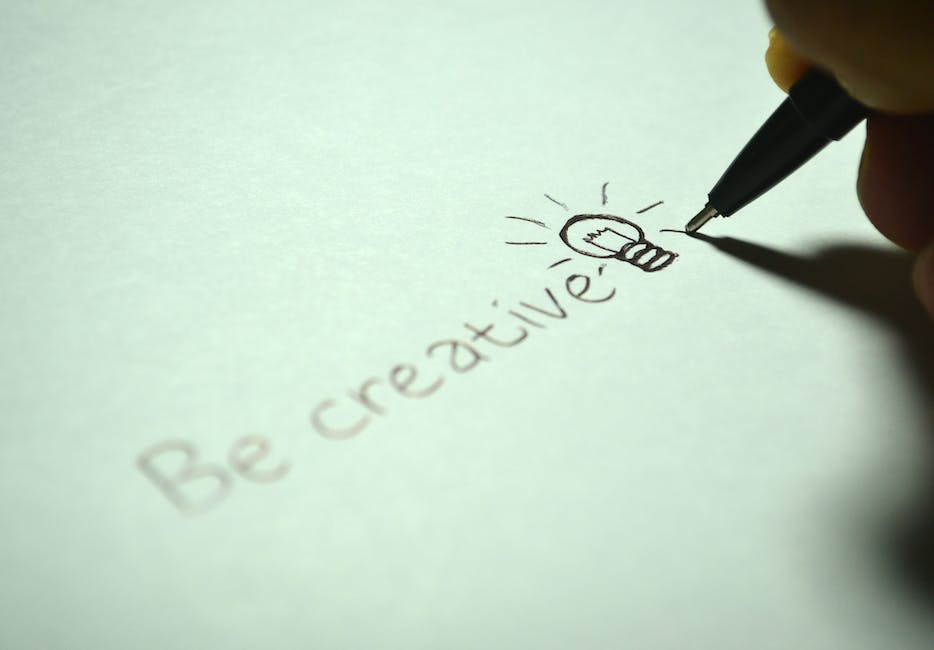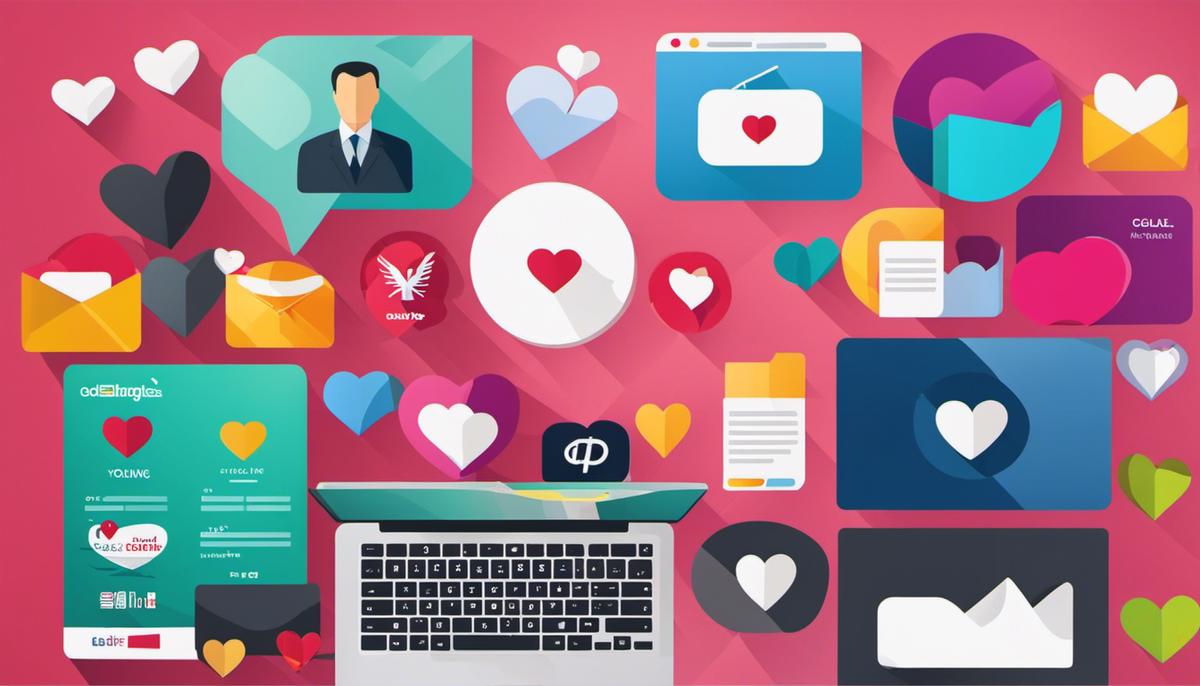In the dynamic world we live in, the concept of dating is continually evolving, and staying up-to-date can sometimes seem like a daunting task. This comprehensive guide provides insight into various aspects of modern dating, such as its norms, the societal and cultural changes affecting it, and the emerging role of technology. Delving deeper, it also examines the etiquette, stages, and psychological elements that play pivotal roles in dating. With an emphasis on online platforms, we aim to help you safely navigate the dating scene while being mentally and emotionally equipped.
Understanding Modern Dating
The Evolution of Modern Dating
In previous generations, dating was a fairly straightforward process. Two people would meet, express their attraction to each other, and begin to date exclusively almost immediately. This traditional model was essentially a socially accepted path towards marriage. However, the world of modern dating is more complex. It has been shaped by societal and cultural shifts, as well as by technological advancements. The basic customs, social norms, and expectations that once prevailed have evolved, leading to a whole new set of dating criteria.
Influences of Technology on Modern Dating
The rise of the internet and the proliferation of smartphones have brought significant changes to the dating scene. In the past, singles were limited to meeting potential partners through their social connections, at parties, bars, or other social events. Today, dating apps and websites have broadened the dating pool significantly, providing endless opportunities to meet and interact with people who are outside one’s immediate social circles. This shift towards online dating has had a profound effect on how people connect, communicate, and form relationships.
The Norms of Modern Dating
While the norms of modern dating vary for different people based on their personal values, expectations, and definitions of dating, there are still some common trends. One of these is the move away from immediate exclusivity. Today’s daters often date multiple people at a time, taking their time to evaluate different potential partners before choosing to become exclusive with one. This norm emphasizes personal choice, independence, and is a reflection of the greater social acceptance of casual dating.
Another norm of modern dating is the increased dialogue around consent and boundaries. As society becomes more focused on respect and equality, these conversations have become an essential part of the dating process.
Social Media and Modern Dating
Social media, with its ability to create and maintain connections, has also had a fundamental impact on modern dating. It allows people to express themselves and their relationships publicly, creating an additional layer to the dating sphere. However, social media can also add pressure as relationships can be judged, scrutinized, and compared by others.
Furthermore, ‘ghosting’, a term used to describe suddenly cutting off contact with someone, has become a common negative phenomenon associated with modern dating and social media. This form of behavior can cause confusion and pain, which once again illustrates the complexities of modern dating.
Conclusion
The landscape of modern dating is a maze crafted by various societal, cultural, and technological shifts. Dealing with it demands an open mind, a level of empathy, and a respect for personal borders and decisions. Although each dating experience is as unique as the people in it, gaining knowledge of the broader trends can provide a helpful compass.

The Process and Etiquettes of Dating
The Foundation of Dating: Attraction
The first brick in the building of dating is attraction, an inner instinct or initial interest that connects two people. It’s a very subjective and unique element, influenced by both physical appearance and emotional characteristics. Common sparks may be physical beauty, charisma, a sense of humor, intellect or shared hobbies. However, it’s essential to highlight that what attracts one person could be completely different from what catches the eye of another.
Meeting: The Introduction Stage
After attraction comes the stage of meeting and getting to know each other. This might take place in a social setting or through online dating platforms. In the digital age, many people start their relationships online before meeting in person. During this stage, individuals generally spend time together, sharing experiences and getting to know each other’s values, interests, beliefs, and lifestyle during casual conversations and activities.
Gauging Compatibility: Mutual Connection and Interest
Once couples have spent some time together, they move on to the stage of gauging compatibility. This involves exploring whether they share a enough of mutual interests, core values, and future goals to consider a serious relationship. Open and honest communication is key at this stage. Establishing compatibility helps in predicting the potential for a successful, long-term relationship.
Establishing A Relationship: Deeper Understanding and Commitment
After assessing compatibility, the relationship enters a stage of deeper connection and commitment. This is where “dating” evolves into a serious relationship. It’s a time of mutual understanding and respect for individual boundaries, expectations, and dreams. Honesty is crucial at this stage. Communication helps to address possible misunderstandings and conflicts, strengthen the bond, and build a healthy relationship.
Breaking Up: The End of a Relationship
Usually, dating relationships either lead to a long-term commitment like marriage or they end in a breakup. Breaking up is the process of ending the relationship and can happen for myriad reasons, including differences in life goals, compatibility issues, or changing feelings. The manner and communication during a breakup should be respectful, honest, and considerate of the other person’s feelings.
Etiquettes and Expectations in Dating
The dating world comes with its own set of etiquettes and expectations. Honesty, communication, respect, and commitment are the backbone of any relationship. Honesty in expressing feelings, communication about expectations, respect for personal boundaries and privacy, and commitment towards the growth of the relationship are essential traits.
Understanding Modern Dating: Platforms and Practices
The landscape of modern dating is dominated by digital platforms, diverse romantic preferences, and a variety of communication styles. Online dating has gained substantial popularity as a medium to meet potential partners. This change in dating dynamics has shifted the understanding of attraction and compatibility assessment. It’s essential to acknowledge that dating does not always conform to a single model. For instance, casual dating, open relationships, monogamy, and long-term commitments are all facets of the dating spectrum. Irrespective of the type of relationship, mutual respect and consent remain the cornerstone of any dating setup. It’s necessary that all involved parties understand, agree, and adhere to the expectations and norms set within the relationship.

Photo by charlesdeluvio on Unsplash
Online Dating: Platforms and Safety Measures
Navigating Prominent Online Dating Platforms
With a surge in their popularity, online dating platforms have become the go-to choice for many in recent years. Renowned platforms such as Match.com, eHarmony, OkCupid, Plenty of Fish (POF), and Tinder each bring their unique features tailored to diverse dating preferences.
Match.com, for instance, is known for its comprehensive profile setup functionality and an intuitive interface. The platform gives its users a platform to share their personal interests and preferred lifestyles, potentially increasing the likelihood of pairing with like-minded individuals.
eHarmony sets itself apart with its patented Compatibility Matching System. It helps users find potential partners by comparing and matching across 29 dimensions of compatibility.
Then, there’s OkCupid, a platform that lays emphasis on personality aspects of dating. Its unique feature, the “Match Questions”, invites users to answer inquiries about their hobbies, interests, and perspectives. These responses are then leveraged to calculate a compatibility percentage with potential matches.
Plenty of Fish (POF) combines personality and chemistry analyses to identify eligible matches. It also boasts an “Ultra-Match” feature that narrows down users who are the most compatible with you.
And of course, Tinder, one of the most recognized platforms, is primarily used as a mobile app. Its mainstay is the swiping interface, which allows users to swipe right to indicate “like” or swipe left to “pass” on potential matches.
Securing Your Online Dating Experience
Online dating platforms, while prevalent and convenient, come with inherent safety issues – privacy being paramount among them. Sharing an abundance of personal details in the digital realm can open the door to potential cyberstalking and identity theft.
To ensure a safer online dating journey, consider using a unique email address specifically created for dating sites. Avoid disclosing personal information like your home address, birth dates, or financial particulars, and opt for a pseudonym or username to retain privacy.
Further, being vigilant when interacting with your matches is key. Recognize potential scam attempts, which usually involve demands for personal data or money. Trust your instincts. If someone seems suspicious or too good to be true, they often are.
Maximizing the security features offered by these platforms can go a long way in safeguarding your dating experience. For instance, the photo verification feature of Tinder helps reduce catfishing threats, while eHarmony’s “RelyID” validates user identity.
Finally, when you plan your first date, opt for a populated public setting and let others know about your arrangements. By adhering to these safety tips, you can relish the delight of making new connections through online dating without undue risk.

The Psychology of Dating
Unraveling the Intricacies of Attraction in Dating
The fundamental aim of dating is to find a compatible life partner, a process intensely guided by psychological elements. Based on the study of “interpersonal attraction,” several factors, including physical attractiveness, nearness, commonalities, and reciprocity contribute to forming these attractions.
From a biological perspective, we tend to be drawn to physical symmetry, in faces and bodies, which signals superior health and genetic robustness. While physical appeal may be the initial spark that brings two individuals together, psychological traits like similar attitudes, beliefs, and personality types play a pivotal role in fueling a long-lasting bond.
Emotional Intelligence and its Role in Dating
Emotional intelligence (EI) is a person’s ability to recognize, understand, manage, and reason with emotions. EI is a vital component of successful dating as it can help navigate the emotional complexities and potential conflicts inherent in dating relationships.
A person with high EI is capable of communicating their own feelings and empathizing with their partner’s emotions. This enables them to create and maintain a more mutual and healthier relationship. It can also help one understand what they want in a partner, leading to more satisfying and successful dating experiences.
Impact of Mental Health on Dating Life
Dating can be an emotional rollercoaster and grappling with a mental health issue can add another level to the complexity of dating. Mental health can significantly impact one’s dating life, as conditions such as depression and anxiety can create additional challenges.
It’s important to remember that mental health struggles do not define an individual’s dating potential or value as a partner. Success in dating requires understanding and managing mental health while developing healthy communication and boundaries.
Handling Rejection in the Dating World
Rejection is a common part of the dating process. The experience can have significant effects on a person’s psychological state, which might lead to emotional distress or lowered self-esteem. It’s essential to recognize that rejection is not reflective of your worth, rather it’s a part of the journey to finding a compatible partner.
Rejection can offer an opportunity to build resilience and self-awareness. Dealing with rejection positively involves looking at it from a constructive perspective and using it as a stepping stone to personal growth.
Maintaining Emotional Well-being While Dating
Dating can be stressful and emotionally challenging. Maintaining emotional well-being while dating involves understanding your own needs and setting healthy boundaries. This could mean taking breaks when dating feels overwhelming or ensuring you remain connected with other aspects of your life, like hobbies or friends.
Moreover, practicing self-care, mindfulness techniques, and seeking professional help when needed can help manage stress and foster emotional well-being. Therefore, enjoying the dating process and nurturing mental health are not mutually exclusive when equipped with the knowledge of emotional intelligence, understanding of your mental health needs, and strategies to handle potential rejections.

Photo by freestocks on Unsplash
The landscape of dating is complex, with cultural, social, and psychological factors all playing a part. Online dating platforms have significantly altered how we meet and connect, creating a need for caution and understanding the nuances. The process, often fraught with uncertainty, requires honesty, respect, and emotional intelligence. We hope this guide sheds light on the multifaceted nature of dating in the modern era, enabling you to navigate your personal journey with confidence, safety, and sound mental health, enriching your experiences along the way.
